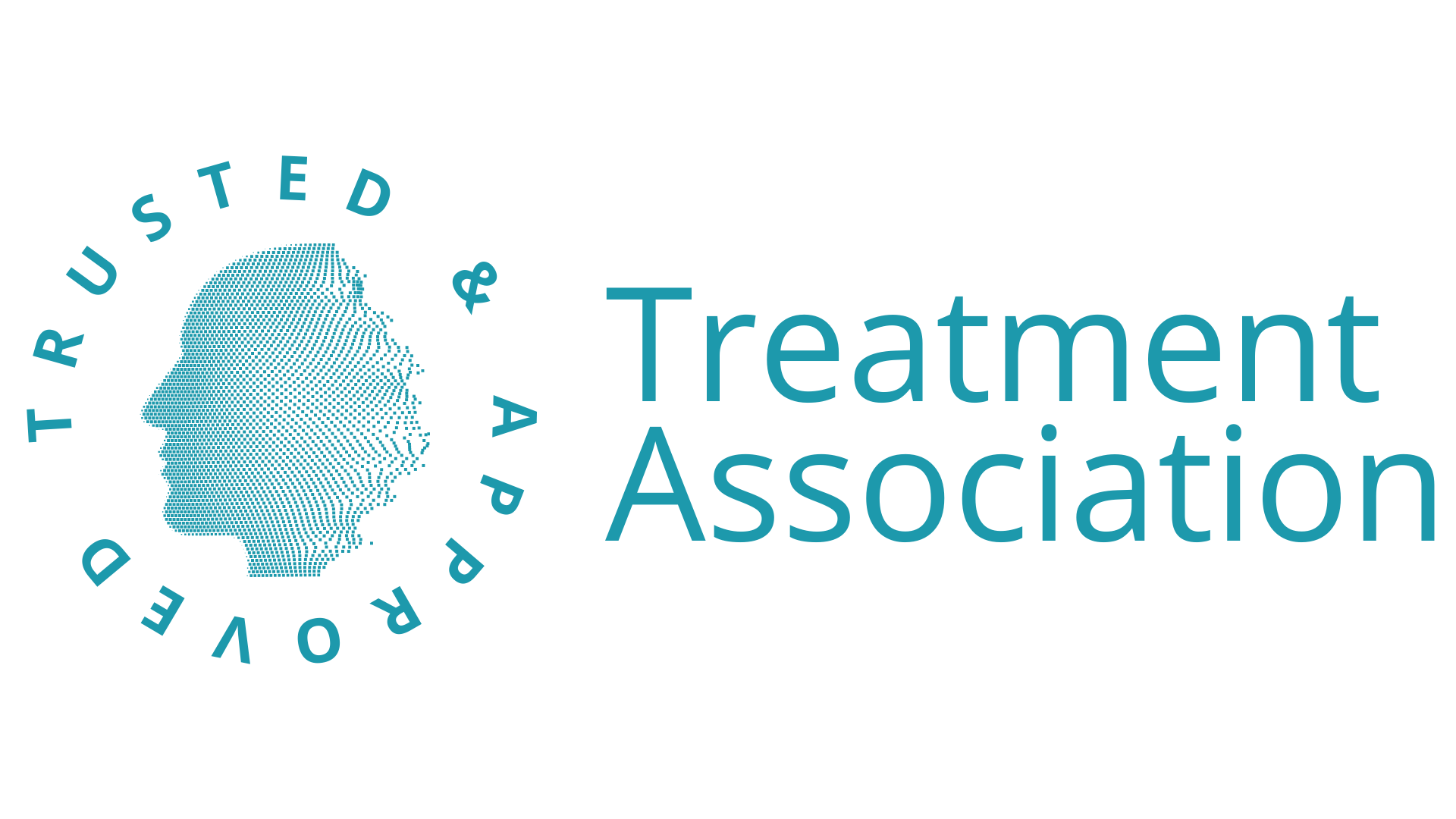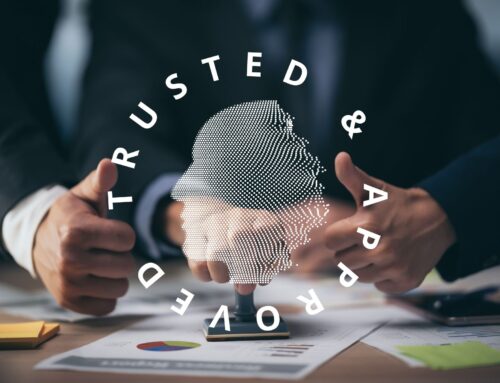Addiction is a complex and often misunderstood disease that affects millions of people each year. While it can be difficult to identify addiction in its early stages, recognizing the warning signs is crucial to getting help for yourself or a loved one. At Treatment Association, we believe that education and awareness are key to preventing and treating addiction. In this blog post, we will discuss 10 warning signs of addiction and how Treatment Association can help you recognize when help is needed.
Change in Behavior
One of the most common warning signs of addiction is a noticeable change in behavior. This can include a sudden lack of interest in hobbies or activities, withdrawal from family and friends, and increased secrecy or isolation. You may notice that your loved one is more irritable, aggressive, or anxious than usual, or that they are experiencing mood swings that are difficult to explain. If you notice any of these changes, it may be time to seek professional help.
Physical Symptoms
Addiction can also have physical symptoms that are often overlooked or attributed to other causes. These symptoms can include changes in appetite, weight loss or gain, insomnia or excessive sleepiness, and a lack of personal hygiene. Additionally, those struggling with addiction may have bloodshot eyes, dilated or constricted pupils, and other physical symptoms that are difficult to explain. If you notice any of these physical changes in your loved one, it may be a sign of addiction.
Risky Behavior
Addiction often leads to risky behavior, such as driving under the influence, stealing, or engaging in other illegal activities. You may notice that your loved one is taking unnecessary risks, such as driving while intoxicated or stealing to support their habit. This behavior can be dangerous and potentially life-threatening. If you notice any of these risky behaviors, it is important to seek help immediately.
Financial Problems
Addiction can also lead to financial problems, as individuals may prioritize their addiction over paying bills or meeting other financial obligations. You may notice that your loved one is frequently borrowing money or has unexplained financial problems, such as unpaid bills or mounting debt. If you notice these signs, it may be a sign that your loved one is struggling with addiction.
Loss of Control
One of the most defining characteristics of addiction is the loss of control over one’s drug or alcohol use. You may notice that your loved one is unable to stop using drugs or alcohol, even if they want to. They may have tried to quit multiple times but have been unsuccessful. If you notice that your loved one is unable to control their drug or alcohol use, it is a clear sign of addiction.
Tolerance
Over time, individuals struggling with addiction may develop a tolerance to drugs or alcohol, meaning that they require larger amounts to achieve the same effects. This can lead to dangerous and potentially life-threatening situations. If you notice that your loved one is taking larger amounts of drugs or alcohol than usual, it may be a sign of addiction.
Withdrawal Symptoms
Withdrawal symptoms can occur when an individual stops using drugs or alcohol after prolonged use. These symptoms can range from mild to severe and may include anxiety, depression, nausea, and other physical symptoms. If you notice that your loved one is experiencing withdrawal symptoms when they stop using drugs or alcohol, it is a clear sign of addiction.
Continued Use Despite Negative Consequences
Individuals struggling with addiction may continue to use drugs or alcohol, despite negative consequences such as legal problems, relationship issues, and health problems. You may notice that your loved one is experiencing negative consequences as a result of their drug or alcohol use but continues to use anyway. If you notice these signs, it is important to seek professional help.
Preoccupation with Drugs or Alcohol
Individuals struggling with addiction may become preoccupied with drugs or alcohol, spending significant amounts of time thinking about and planning their next use. They may prioritize their drug or alcohol use over other responsibilities, such as work, school, or family obligations. If you notice that your loved one is constantly thinking about drugs or alcohol, it may be a sign of addiction.
Loss of Interest in Other Activities
As addiction takes hold, individuals may lose interest in other activities that they once enjoyed. This can include hobbies, sports, and social activities. You may notice that your loved one is no longer participating in activities that they once enjoyed or that they are withdrawing from social situations. If you notice these signs, it may be a sign of addiction.
At Treatment Association, we understand that addiction is a complex and often challenging disease to recognize and treat. That’s why we offer a comprehensive online directory of the best treatment facilities across the country, providing individuals and families with the information and resources they need to get help for addiction.
If you or a loved one is struggling with addiction, don’t wait to get help. Contact Treatment Association today to learn more about our services and how we can help you find the best treatment facility for your needs. Together, we can break the cycle of addiction and support lasting recovery.
Sources:
- National Institute on Drug Abuse: https://www.drugabuse.gov/publications/media-guide/warning-signs-drug-abuse-addiction
- Substance Abuse and Mental Health Services Administration: https://www.samhsa.gov/find-help/national-helpline
- American Addiction Centers: https://americanaddictioncenters.org/addiction-blog/10-warning-signs-of-drug-addiction






